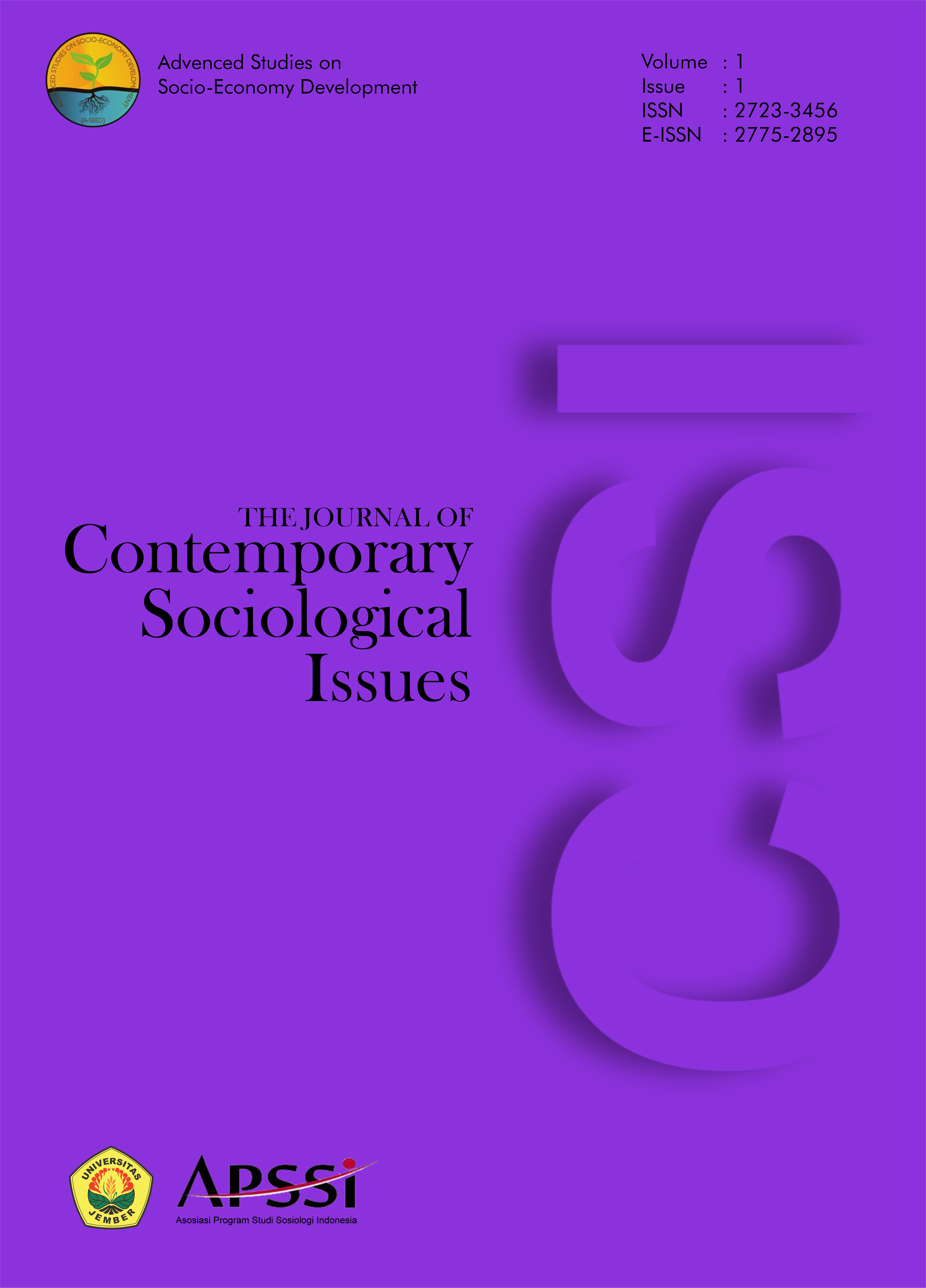Spare the Rod, Spoil the Society?
The Moral Complexity of Caning in Singapore
Abstract
You have the opportunity to decide whether or not a person gets caned, the only caveat is that they have committed a crime against you. What will you do? This essay explores the moral complexity of caning in Singapore through an exploration of corporal punishment, criminal justice, moral philosophy, and the Asian values debate; a dilemma that ultimately places concerns of society and the individual at odds. In doing so, the essay argues that the morality of caning changes on the basis of the ethical framework and modification of situation variables. Even so, the moral complexity of caning is not superficially evident. In order to thoroughly engage with all elements of this complexity, this essay begins by attempting to decipher the place of punishment within international human rights frameworks. From there, the essay explores the morality of punishment and its employ in colonial endeavors. This leads to a discussion of modernization, humanitarian ideologies, and control. By creating a framework for analyzing criminal justice in Singapore—including an outline of the intersections of criminal justice, development, and prosperity —this essay seeks to explore the balance between corporal punishment as a tool of prosperity and corporal punishment as a source of pain and degradation. When placed in consequentialist and virtue-based ethical frameworks caning in Singapore looks very different, forcing the moral actor to weigh societal concerns with concerns for individual pain, suffering, and liberties.
Keywords: Caning, Morality, Society, Punishment.
References
Amirthalingam, Kumaralingam. “Criminal Justice and Diversionary Programmes in Singapore.” Criminal Law Forum 24, no. 4 (1 Desember 2013): 527–59. https://doi.org/10.1007/s10609-013-9216-6.
———. “THE IMPORTANCE OF CRIMINAL LAW.” Singapore Journal of Legal Studies, 2017, 318–28.
Athanassoulis, Nafsika. “Virtue Ethics.” Internet Encyclopedia of Philosophy (blog). Diakses 30 Oktober 2018. https://iep.utm.edu/virtue/.
Bary, William Theodore De. NOBILITY AND CIVILITY. Cambridge: Harvard University Press, 2004.
Chan, Wing-Cheong. “Family Conferencing for Juvenile Offenders: A Singaporean Case Study in Restorative Justice.” Asian Journal of Criminology 8, no. 1 (1 Maret 2013): 1–23.https://doi.org/10.1007/s11417-011-9122-y.
Discipline and the Other Body: Correction, Corporeality, Colonialism. London: Duke University Press, 2006. https://www.jstor.org/stable/j.ctv11sn6nq.
Engle Merry, Susan. Human Rights and Gender Violence. Chicago: University of Chicago Press, 2006.https://press.uchicago.edu/ucp/books/book/chicago/H/bo3636543.html.
Haines, William. n.d. “Consequentialism Epistemic | Internet Encyclopedia of Philosophy.” Diakses 10 November 2018. https://iep.utm.edu/epis-con/.
Lum, Selena. “Caning of Prisoners is Constitutional, Court of Appeal Rules." The Straits Times,” 5 Maret 2015. https://search-proquest com.ezproxy.stolaf.edu/docview/1660636165 ?accountid=351.
Mahbubani, Kishore. Can Asians Think? Singapore: Time Books International, 1998. https://www.goodreads.com/work/best_book/342440-can-asians-think.
———. “The Case against the West: America and Europe in the Asian Century.” Foreign Affairs 87, no. 3 (2008): 111–24.
Morris, Herbert. “PERSONS AND PUNISHMENT.” The Monist 52, no. 4 (1968): 475–501.
Pierce, Steven. Punishment and the Political Body: Flogging and Colonialism in Northern Nigeria. Discipline and the Other Body. Duke University Press, 2006. https://doi.org/10.1515/9780822387930-008.
Rajah, Jothie. “Punishing Bodies, Securing the Nation: How Rule of Law Can Legitimate the Urbane Authoritarian State.” Law & Social Inquiry 36, no. 4 (ed 2011): 945–70. https://doi.org/10.1111/j.1747-4469.2011.01257.x.
Rao, Anupama, Steven Pierce, Kerry Ward, dan Shannon Lee Dawdy. Discipline and the Other Body: Correction, Corporeality, Colonialism. Durham: Duke University Press, 2006. https://muse.jhu.edu/book/71094.
Reynolds, Zachary. “Intertwining Public Morality, Prosecutorial Discretion, and Punishment : Low Crime and Convictions in Singapore.” University of Chicago Law School, 2017, 48.
UNITED NATIONS DEVELOPMENT PROGRAMME Human Development Reports. “Statistical Update 2018 | Human Development Reports,” 2018.
http://hdr.undp.org/en/content/human-development-indices-indicators-2018 statistical-update.
UNITED NATIONS HUMAN RIGHTS. “United Nations Human Rights Office of the High Commissioner: Convention against Torture and Other Cruel, Inhuman or Degrading Treatment or Punishment.” Diakses 9 Oktober 2018. https://www.ohchr.org/en/professionalinterest/pages/cat.aspx.
Westacott, Emrys. n.d. “Moral Relativism.” The Internet Encyclopedia of Philosophy (blog). Diakses 27 November 2018. https://iep.utm.edu/moral-re/.
World Corporal Punishment Research. “About this website.” Diakses 2 November 2018. https://www.corpun.com/expl.html.

This work is licensed under a Creative Commons Attribution-ShareAlike 4.0 International License.









